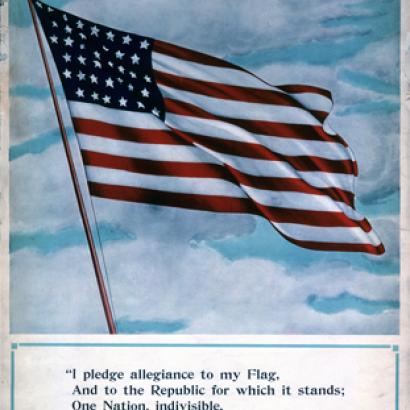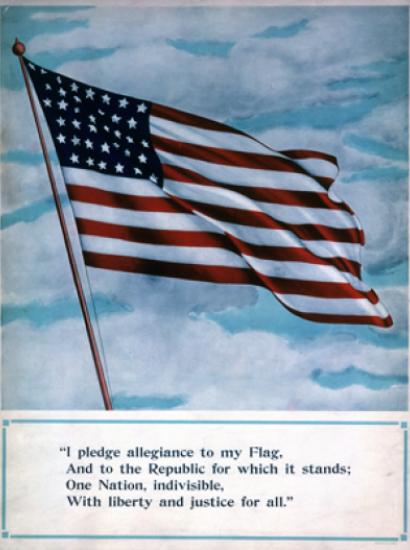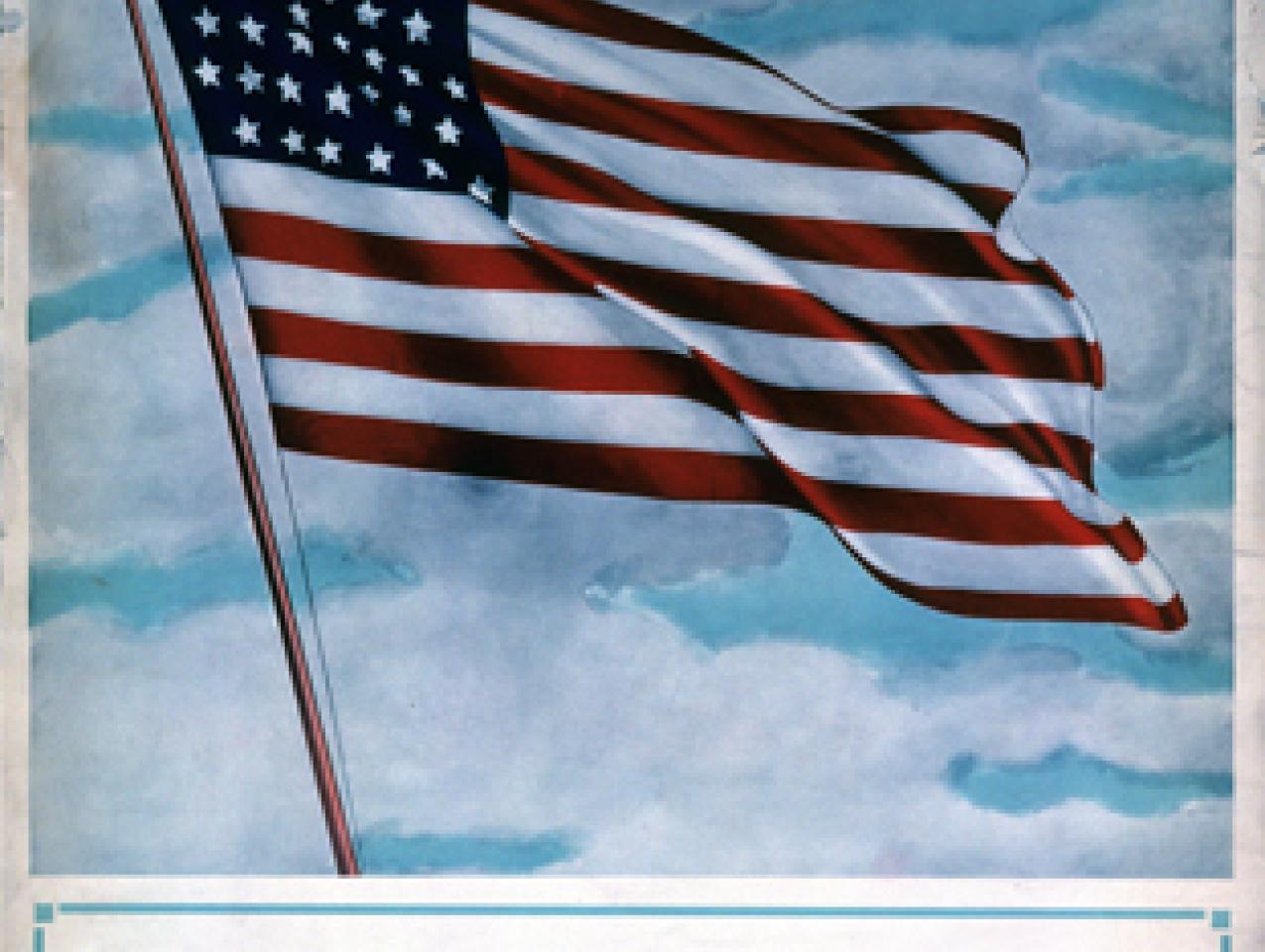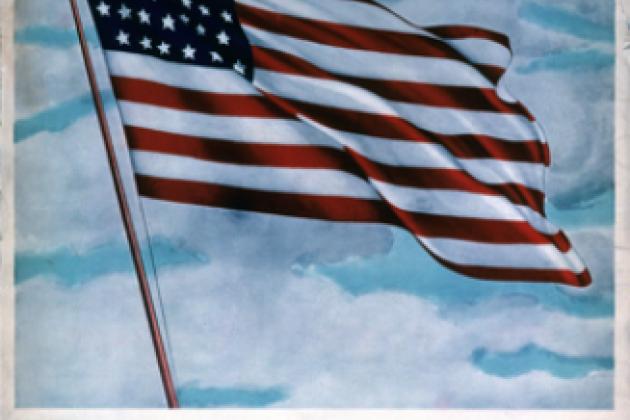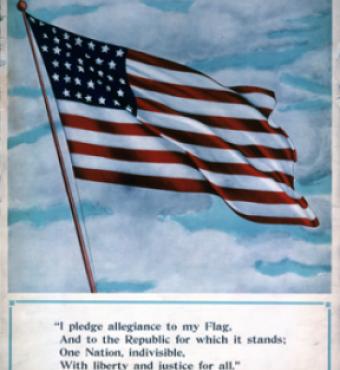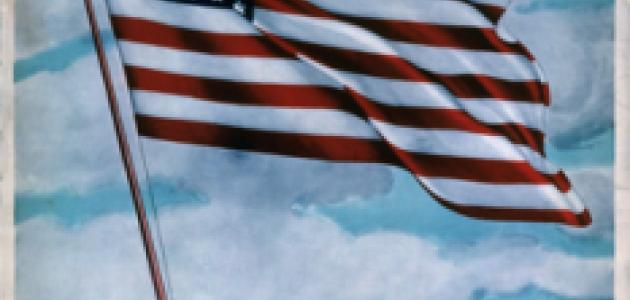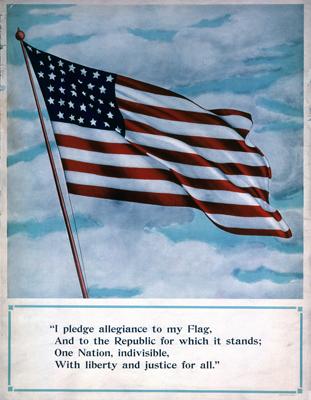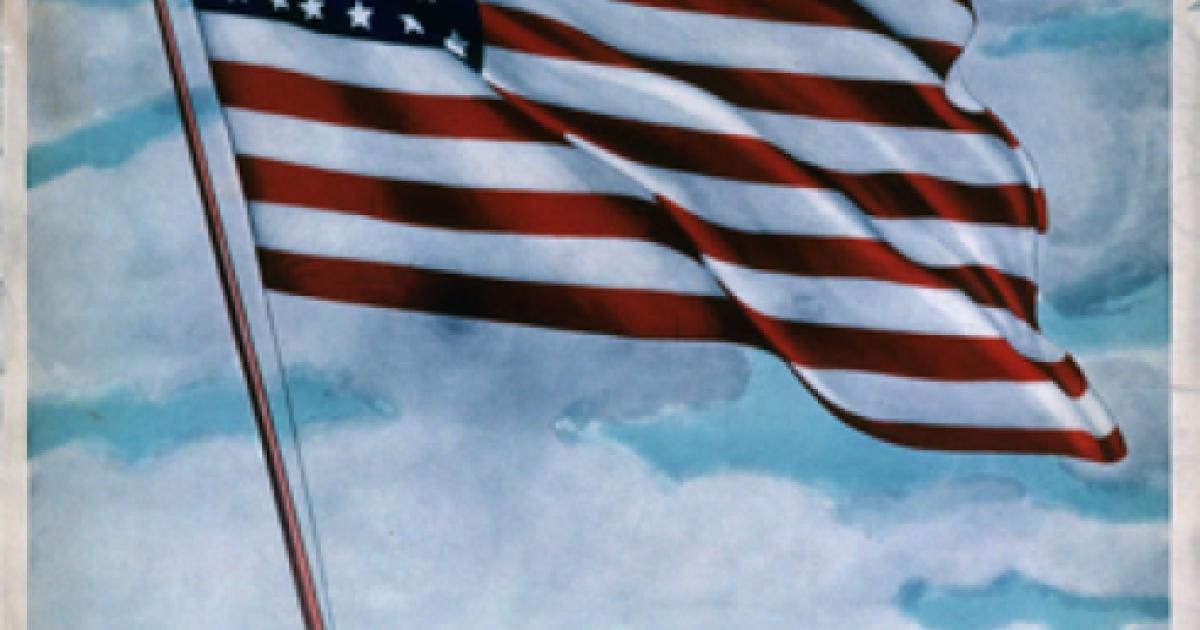- History
- Contemporary
- US
- Politics, Institutions, and Public Opinion
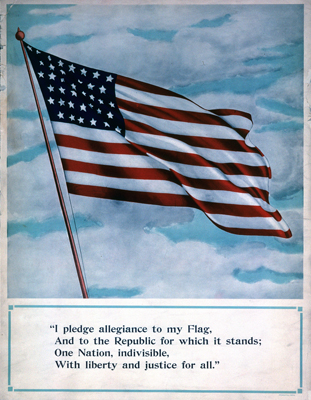
Donald Trump has cultivated comparisons between himself and President Andrew Jackson by hanging the portrait of Jackson in the White House, making pilgrimage to Andrew Jackson’s grave, and pointedly emphasizing that he, like Jackson, “fought to defend forgotten men and women from the arrogant elite of his day.”1 It is a choice distressing to those who associate Jackson with illiberal policies of slavery, Indian removal, and refusing to enforce Supreme Court verdicts.2
It has fueled an avalanche of journalism about “new nationalism,” which is thought to be somehow more virulent and dangerous than previous iterations. This is deeply unfair to President Trump and his supporters—and a key to the bitterness many of them feel at the political establishment, which has tended to ignore their concerns and stigmatize their beliefs.
Nationalism as an idea grew out of the Enlightenment. Prior to that, monarchs held power by force. Nationalism was the belief that government could have an attractive power. It conveniently reduced the demand for the state to enforce its hold on people living within territory claimed by the sovereign.
The United States has always had a particularly resonant nationalism, relying as it does on association with our creed rather than ethnicity or territory as the basis for our nationalism. This is what Mexican historian Edmundo O’Gorman calls the “invention of America.” Lincoln described our political values as “the electric cord in that Declaration that links the hearts of patriotic and liberty-loving men together.”3
The idea of a “new nationalism” precedes the conflating of nationalism with despotism in the twentieth century; the phrase actually comes from Theodore Roosevelt, who in 1910 urged an expansion of government activism to better protect human welfare.4
In our current fevered political climate, however, the new nationalism is flipped on its head, defined by what it opposes: immigration, trade, globalization, political correctness. The Economist is more restrained than most in its pejorative caricature: “Reagan’s America was optimistic: Mr Trump’s is angry.”5 Trump is said to represent a dangerous force if not new in American history, then at least in its repudiation of the post-World War II order.
What President Trump actually represents is a pretty routine disaffection by American voters with our government, willingness to experiment with a new direction, pendular correction from what we were exasperated with in the previous administration, and high degree of trust in the constraining benefits of our political institutions. The work of sociologists Bart Bonikowski and Paul DiMaggio shows that the American public is divided pretty stably over time into four groups, with the largest faction of people—about 30 percent—exhibiting what Bonikowski calls “ethno-cultural exclusion, along with a low level of pride in the state.”6 Their preferred definition of American is a Christian who speaks English and was born in the U.S. Journalists have characterized this group as low-education and low-income white males. In fact, Bonikowski and DiMaggio’s data suggest a majority of women, 68 percent of blacks, 55 percent of Hispanics, and more Democrats and Republicans also hold those views.7 The new nationalism, then, is not some backlash of the white working poor, but—as President Trump has asserted—a broad-based movement of people fed up with the direction they perceive our country moving.
Nor does the “America first” ideology of President Trump’s foreign policies represent a “new nationalism.” Its main thrusts—economic protectionism, the belief allies are taking advantage of the U.S., and concern about immigration changing the character of America—have long and bipartisan pedigrees in American politics. If Robert Taft had beat out Dwight Eisenhower for the Republican nomination for president in 1952, that might well have been mainstream conservative policy. At the height of the Cold War, American administrations had to devote an enormous amount of effort to beat back legislation annually sponsored by Senator Mike Mansfield that would have forced withdrawal of U.S. forces from Europe because allies paid too little. Jefferson’s purchase of Louisiana was criticized in its time for admitting to citizenship Catholics who were believed because of their religion to lack the independent thought necessary in a democracy. For a reminder that every wave of immigrants to America has created concern about dilution of the country’s essence, see Noel Ignatiev’s How the Irish Became White.
The American political system is particularly susceptible to nationalism in both its positive and nasty forms—which is simply to say that our political system is tied more tightly in accountability to the public than are even most other democracies. Allies of the U.S. quail at our routine willingness to elect inexperienced or rough-hewn Presidents, our risk-tolerance for throwing aside inherited dogma or established policies, and our national penchant for sounding our “barbaric yawp over the roofs of the world” (as Walt Whitman phrased it in section 52 of “Song of Myself”).
That responsiveness to the public will is, however, also the great vibrancy of American democracy. Andrew Jackson spoke for the aspirations of frontier communities thirsty for land and security and access to capital, for slaveholders adamant at preserving their way of life, for a population restive under political dominance by educated elites. Jackson governed erratically, brutally, and in many ways unsuccessfully. But he revivified American democracy, passing the torch from an east coast establishment living in safety and cultural superiority, to the harder life, rougher mentality, and challenges of the frontier. In his excesses, Jackson also activated antibodies in opposition to his policies, mobilizing the civic powers that undergird our democracy into greater activism. Donald Trump is likely to give American democracy another such civics lesson—appreciation for limited government, the power of the courts and civil society to rein in the Executive, reminders of obscure but important concerns of the Founders (who knew about the emoluments clause two months ago?)—that his actions have once again brought to the fore.
1 CNSNews.com Staff, “Trump: Andrew Jackson Fought to Defend Forgotten Men and Women from Arrogant Elite. Sound Familiar?” CNSNews (March 18, 2017).
2 Michael Gerson, “Opinion: Trump has picked a deeply disturbing hero,” The Washington Post (March 16, 2017).
3 Quotation from Lincoln’s “Speech at Chicago, Illinois” (July 10, 1858) in Roy P. Basler, ed., The Collected Works of Abraham Lincoln, Vol. 2: 1848-1848 (New Brunswick, NJ: Rutgers University Press, 1953), p. 500.
4 View the text of Theodore Roosevelt’s speech, “The New Nationalism (August 31, 1910),” along with Robert S. La Forte’s commentary, “Theodore Roosevelt’s Osawatomie Speech,” Kansas Historical Quarterly 32.2 (1966), 187-200.
5 “Trump’s world: The new nationalism,” The Economist (November 19, 2016).
6 See Jesse Singal, “These Are the 3 Types of American Nationalism,” NYMag.com (October 18, 2016).
7 Bart Bonikowski and Paul DiMaggio, “What 4 types of American nationalism can tell us about Trump voters,” The Washington Post (February 6, 2017).







